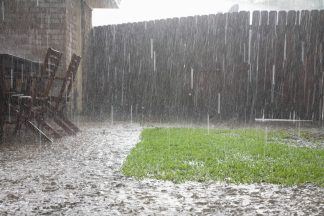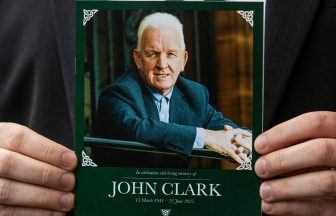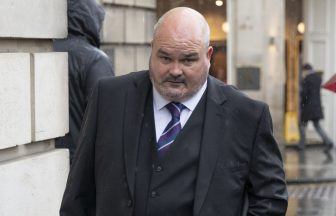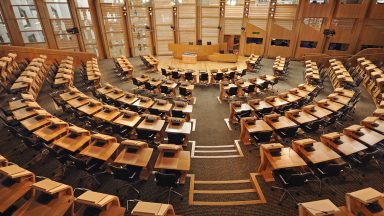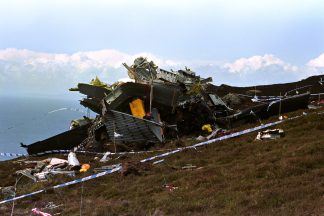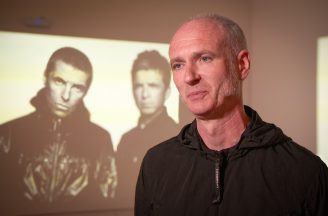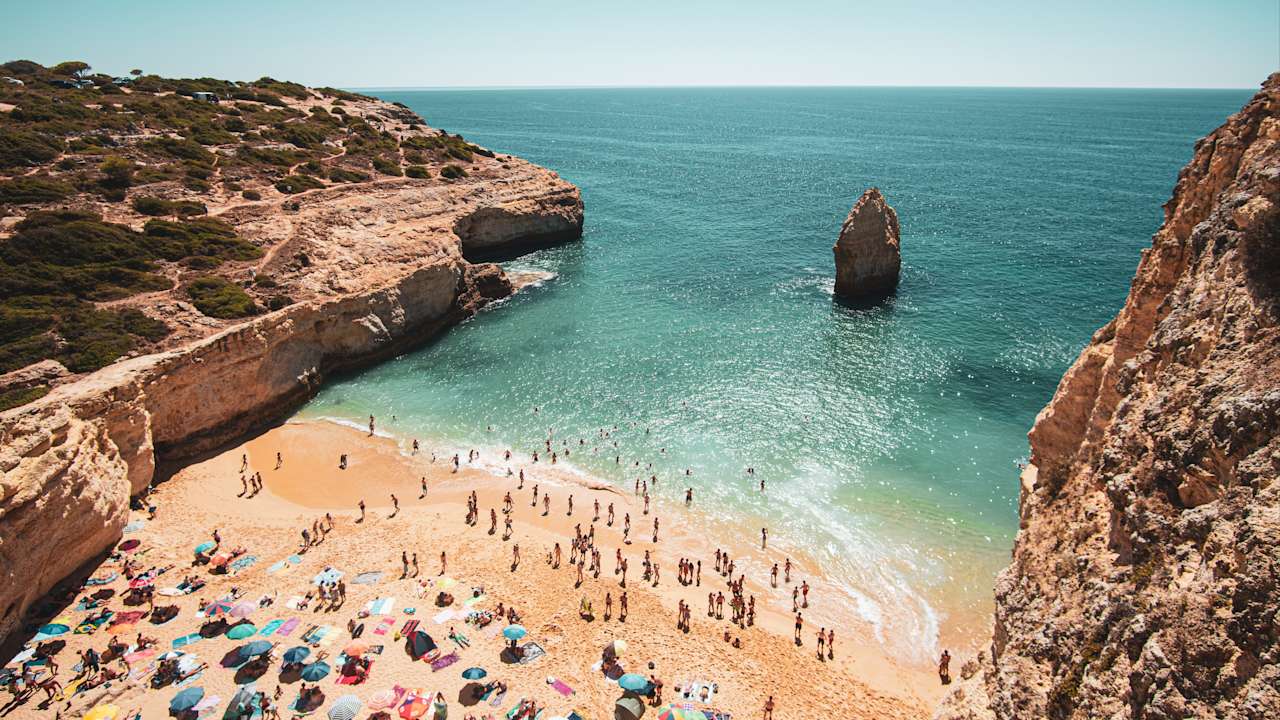Plans to create an oil field more than twice the size of the controversial Cambo development risk “wrecking” Scotland’s climate and setting net-zero targets back.
Rosebank, located north-west of Shetland, could produce over 70,000 barrels of oil every day at its peak under proposals brought before Westminster by Norwegian state-controlled company Equinor.
However The Scottish Greens have branded the blueprints “a climate disaster” and urged the UK government to turn the bid down.
It comes just months after First Minister Nicola Sturgeon publicly condemned the Cambo plans, which were shelved last year.
The Scottish Government does not have the power to block new oil fields being created, but Green MSP Mark Ruskell, the party’s energy and environment spokesman, said the opportunity to state the UK’s credentials as a leader on climate change “must not be squandered”.
“We are already past the point when we should have been moving away from oil and gas, yet Westminster is doubling down on it,” he said.
“2023 is a key year for our recovery and for our planet, and we cannot squander it. It must be a year of transition and change.
“Yet, with over 100 new climate-wrecking oil and gas exploration licences in the pipeline, and even a new coal mine in Cumbria, the UK Government has been utterly unwilling to take the climate action that is so badly needed.
“Renewable energy is the cheapest and cleanest energy available. But we cannot realise our renewable potential as long as we are tied to a Tory Government that is more concerned with the profits of its friends in the fossil fuel industry than it is with our environment.
“The climate vandalism has gone on long enough. This must be the year when Rishi Sunak and his colleagues do the right thing for people and planet.”
Rosebank is the biggest undeveloped oil and gas field in the North Sea, with nearly 500 million barrels – a claim disputed by Equinor which says the recoverable reserves estimate 300 million.
Equinor has said a final investment decision could be made in 2023, with the first oil expected in late 2026.
The First Minister was urged to oppose the controversial proposals by campaigners during the UN Cop27 climate talks in Egypt last year.
A spokesperson for Equinor said: “Equinor is committed to net zero by 2050. Here in the UK we are building the world’s largest wind farm, Dogger Bank, and are planning some of the largest hydrogen and CCS projects in the world.
“Still, demand for oil and gas is not going away in the short term. The UK is a net importer of oil and gas. While we still need oil and gas, we aim to develop and operate projects such as Rosebank with the lowest possible carbon footprint while bringing the maximum value to society in the shape of UK investment, local jobs and energy security.”
Mike Tholen, sustainability director of Offshore Energies UK (OEUK), said the industry is committed to the transition to net zero but said gas and oil were essential to power the nation until then.
He said: “New developments like Rosebank are replacing older and higher emission intensity resources that are decommissioning rapidly. It would become part of the network of oil and gas fields in the North Sea that will help keep our nation supplied with energy while we build a greener future.”
Follow STV News on WhatsApp
Scan the QR code on your mobile device for all the latest news from around the country


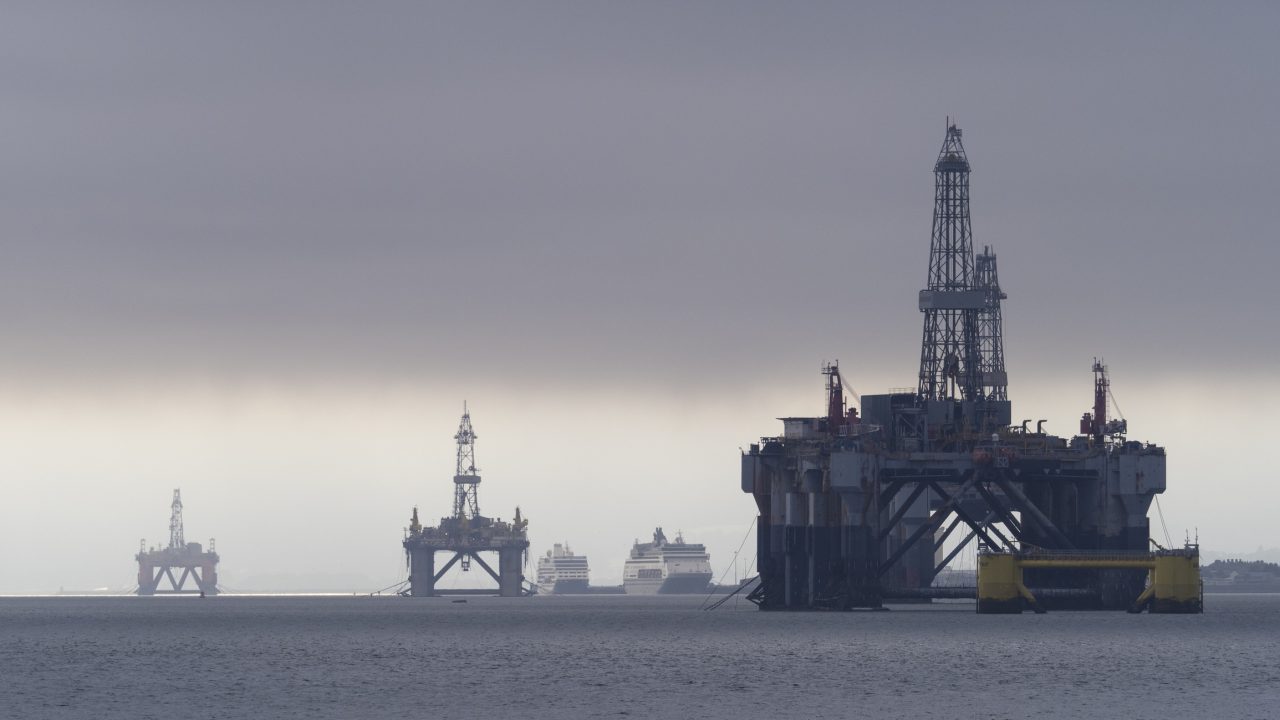 iStock
iStock
